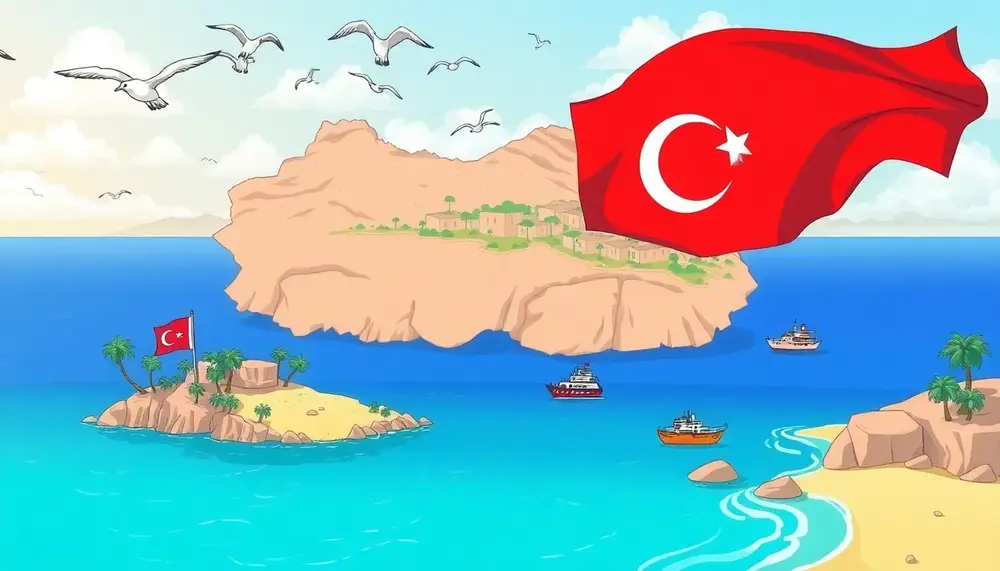Green Line
Green Line
Green Line
The Green Line is a significant term when discussing Cyprus. It refers to the buffer zone that divides the island into two parts: the Greek Cypriot south and the Turkish Cypriot north.
Historical Background
The Green Line came into existence in 1964. It was established by the United Nations to prevent conflict between the two communities. The line became more prominent after the Turkish invasion in 1974.
Geographical Extent
The Green Line stretches for about 180 kilometers. It runs from the west to the east of Cyprus. In some areas, it is just a few meters wide, while in others, it spans several kilometers.
Current Situation
Today, the Green Line is monitored by the United Nations Peacekeeping Force in Cyprus (UNFICYP). There are several crossing points where people can move between the two sides. These crossings have eased tensions and allowed for more interaction between the communities.
Impact on Daily Life
The Green Line affects many aspects of life in Cyprus. It influences travel, trade, and even personal relationships. Despite the division, efforts continue to reunify the island and bridge the gap between the two communities.
Blog Posts with the term: Green Line

Cyprus is divided by the Green Line, a UN-monitored demilitarized zone separating the Republic of Cyprus from the Turkish Republic of Northern Cyprus. This article provides essential information on navigating this border, including key crossing points and required documentation for...
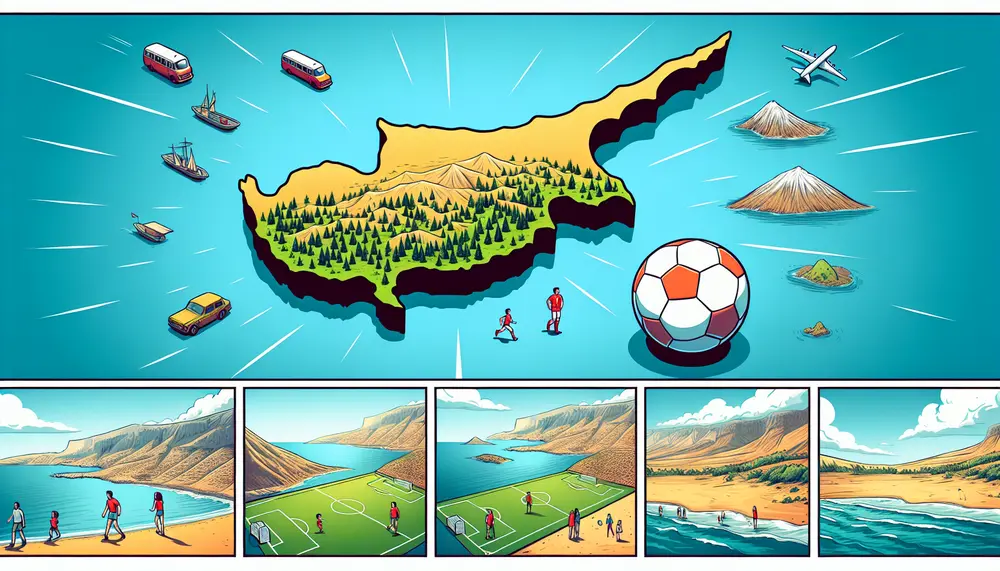
Cyprus, located in the eastern Mediterranean Sea at the crossroads of Europe, Asia, and Africa, covers 9,251 square kilometers and features diverse landscapes including beaches and mountains. Despite its compact size compared to countries like Belgium or Luxembourg, Cyprus has...

Cyprus, an island in the Eastern Mediterranean, has a complex history marked by division due to historical events and nationalist movements among Greek and Turkish Cypriots. The 1974 conflict escalated with a coup d'état followed by Turkey's military intervention, leading...
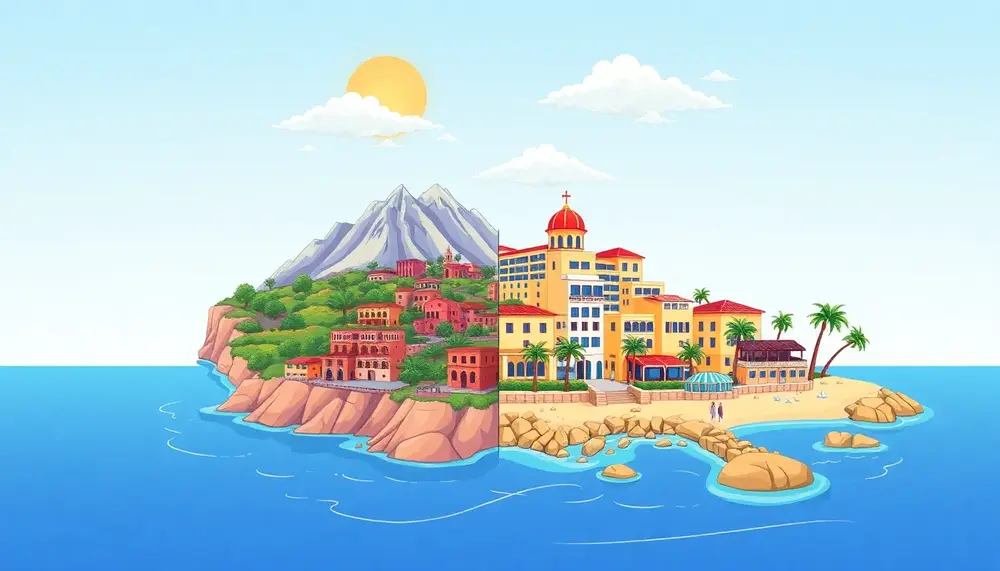
Cyprus is uniquely divided into the internationally recognized Republic of Cyprus in the south and the Turkish Republic of Northern Cyprus, only acknowledged by Turkey. This division reflects contrasting political systems, cultures, and economies while preserving distinct identities shaped by...

Nicosia, the capital of Cyprus and Europe's last divided city, offers a unique blend of rich history spanning over 4,500 years and modern charm. This travel guide highlights Nicosia's top attractions, dining spots, and cultural experiences while noting practical considerations...

Planning a Cyprus vacation can be overwhelming, but this guide highlights the top 10 destinations to make your trip unforgettable. From historic Nicosia and beachy Larnaca to the ancient Paphos Archaeological Site and vibrant Limassol nightlife, each location offers unique...

Nicosia, the capital of Cyprus, uniquely blends rich history with modern living and is notable for being Europe's last divided city. Visitors can explore its ancient architecture, bustling markets, and diverse cultural heritage while enjoying a warm Mediterranean climate and...

Planning a stay in Cyprus is essential to fully experience its diverse offerings, from sun-kissed beaches and ancient ruins to vibrant cities and serene mountains; travelers recommend spending one to two weeks on the island, with specific durations for key...
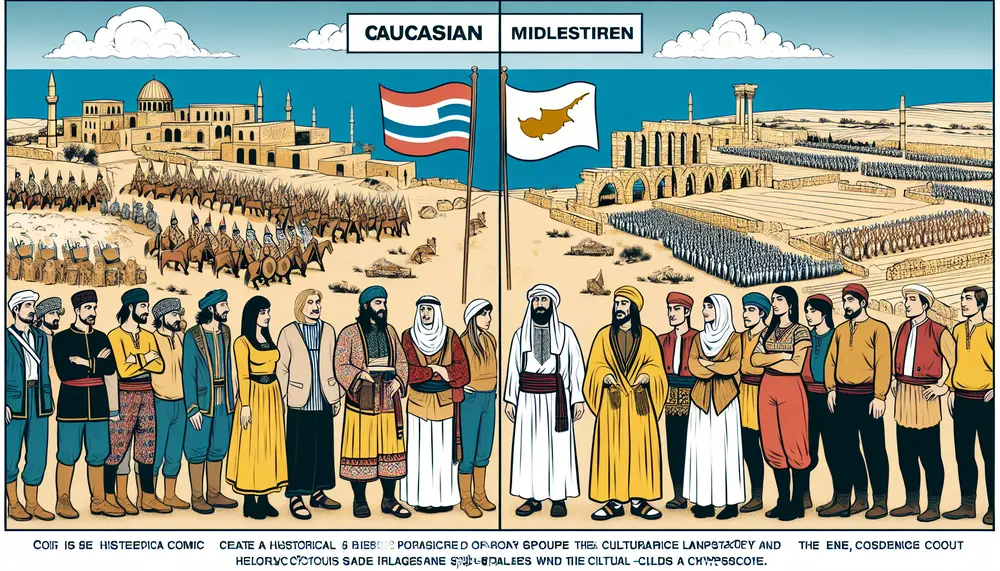
The article explores the historical roots and key events that have shaped the ongoing cultural conflict between Greek Cypriots and Turkish Cypriots in Cyprus, highlighting significant periods of rule by different empires, the division caused by the 1974 coup and...

Cyprus offers a diverse travel experience with its top 10 destinations, from scenic mountain trails and historic villages to vibrant cities and pristine beaches. The guide highlights unique features like UNESCO-listed churches, traditional wineries, and natural wonders for curious explorers....
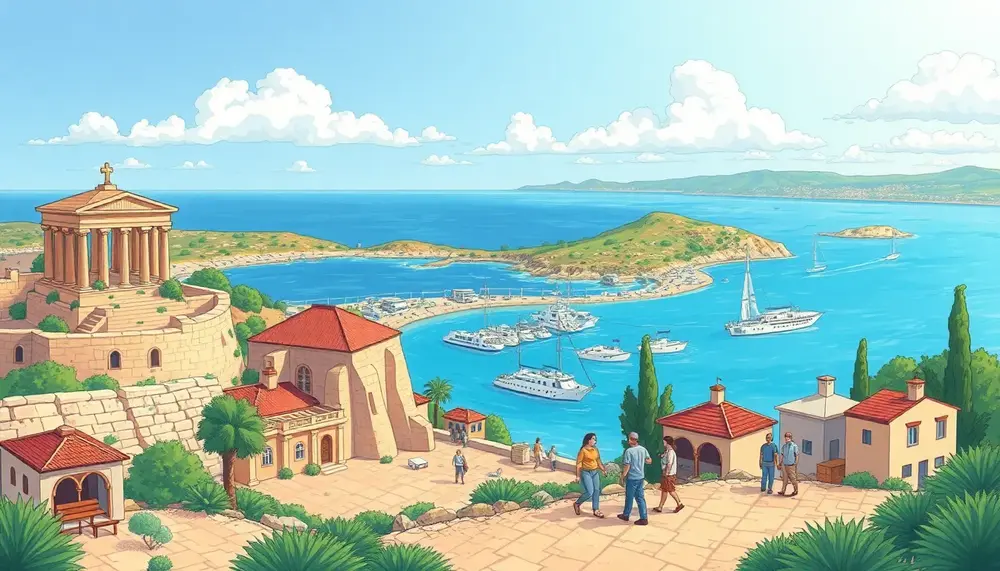
Nicosia, the capital of Cyprus, is a city where ancient history and modern life coexist, offering visitors rich historical sites like Venetian Walls and cultural experiences despite its division since 1974. With attractions such as Ledra Street and the Cyprus...
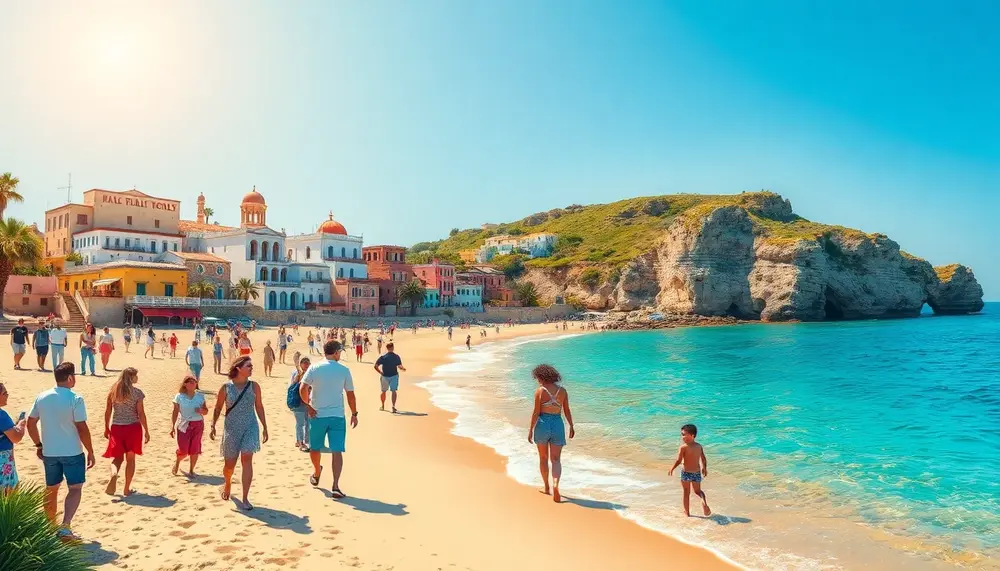
Cyprus stands out for its unique blend of ancient history, vibrant culture, and stunning beaches—all packed into a compact island full of surprises....
